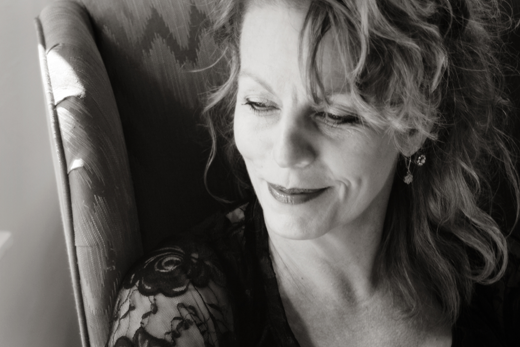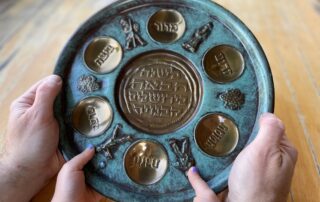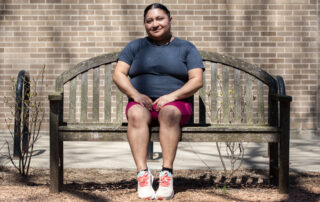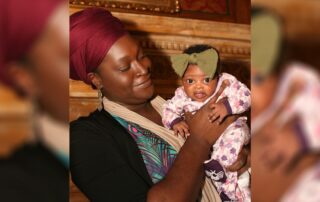We each have a unique story but there are themes that reach across all human experience. Writer Debra Monroe shares a memory of her earliest memory and the lessons of loss that mark all of our lives.
In my earliest memory, a memory of a day, then fainter, fainter, like a Xerox of a Xerox, a memory of memory, I sit on a blanket. I’ve not been a member of the human race long. Trees seem stunning—clustered emeralds on thick stems. I admire lilacs, lavender puff-clouds. We’re visiting my mother’s widowed Aunt Edna, who lives with a spare female from her dead husband’s clan, and my great-grandmother, who’s gone around the bend, as I’ve just overheard, during the car ride here. Then my mother, my great-aunt, and the spinster rush inside the house with its cupola, leaded glass in every window, a house that isn’t historic yet, just sixty years old. “A mausoleum,” my mother might have said. My mother is modern. Great Aunt Edna swabs windows with sheets of newspaper and a solution made of vinegar, but my mother uses Windex and Proctor & Gamble paper towels. Great Aunt Edna’s attic was once a maid’s room, the narrow kitchen with its swinging door the cook’s domain. But there aren’t maids and cooks in 1960.
The women surge inside and leave me on my blanket and my great-grandmother in her chair. I grew up with a father, sister, and brother too. My father must be in Spooner, Wisconsin where we live. My sister has been swept along into the house. My brother isn’t born, just a twinkling volition in the life before this, a fist-sized fetus in my mother’s belly. Stranded with my great-grandmother who starts to sob and call out, “Don’t leave me,” I know that the two of us, left to fend for ourselves, are doomed. I sob too. The women rush back out—Great Aunt Edna and the spinster soothing my great-grandmother, my mother swinging me into her arms. My sister, a novice, takes note. In a chorus of sighs, the kindred women tell my great-grandmother and me: “We will never leave you.”
In time, after whispered phone conversations, everyone did leave my great-grandmother. We visited her at the nursing home. I wore a dress one size smaller than my sister’s, our haircuts, anklets, and shoes identical too. My brother trailed behind, sucking his thumb. The old people revived as we walked in. They wanted us, the children. Or, slumped in chairs, eyes gummy and hazed, they wanted to be us. We didn’t want them. “Gutta,” a woman said, arms outstretched. It could have been gibberish, or some odd scrap of Czech or German. The nursing home seemed like the zoo, I decided, which we visited later that day. The zoo—where monkeys petted and slapped each other, touched their privates in public, acted kindly then aggrieved—seemed like the nursing home. We spoke to my great-grandmother. Six years later, she left us. In time, my mother left me, once by running off with a man, later by dying. As life goes—the knitting together and the unraveling—this isn’t unusual, or tragic. It’s ordinary. But mysterious. It happens to you.











